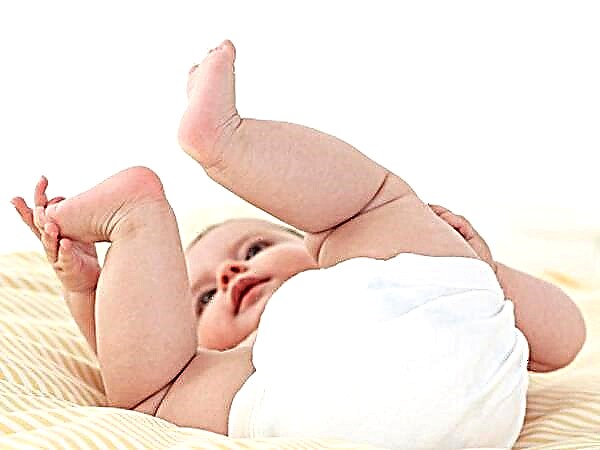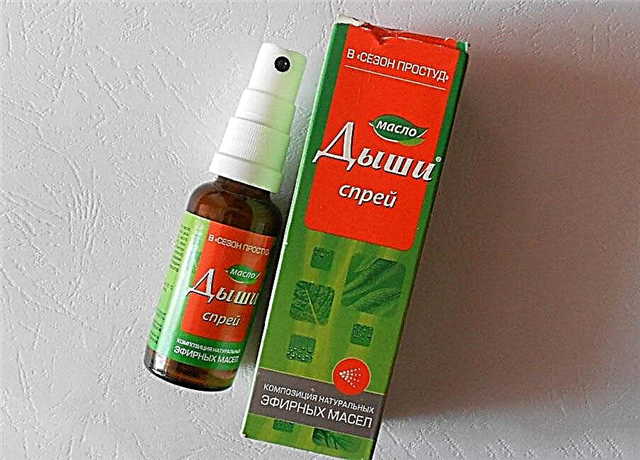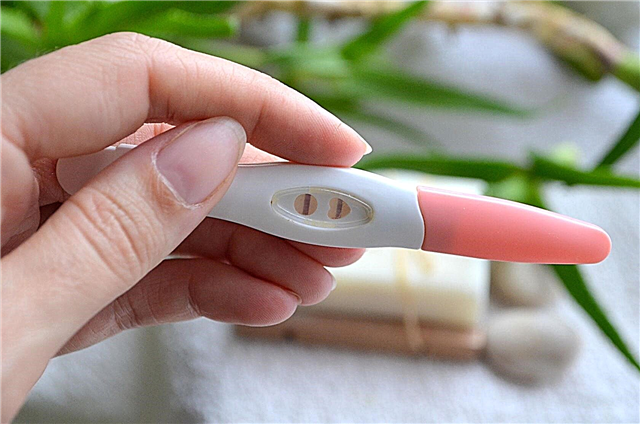Sometimes it happens that during feeding, especially when it comes to hepatitis B, the baby begins to sweat, his face turns red, and perspiration appears on his forehead. Such symptoms become a cause for concern for parents. According to doctors, the baby's head most often sweats because the baby is simply tired. In rare cases, the determining factors are various disorders in the work of the child's internal organs, as well as a number of external causes. In order not to panic in vain, you should learn as much as possible about the factors due to which the baby's head sweats a lot during feeding, and how to fix the problem.

Infant head sweating while nursing is often a cause of concern for parents
Sometimes, taking the baby in her arms, the mother discovers that the baby's head is completely wet with sweat. This can happen both during rest and during waking hours, including during feeding. Why is this happening?
Natural causes
If a child's head sweats during feeding, then a similar phenomenon is considered the norm in the following cases:
- The kid has a cold. Increased sweating in this situation is quite natural and promotes faster healing (along with sweat, toxins and toxins leave the body);
- Allergy. Poor-quality fabrics from which clothes for a child or bedding are made can provoke an allergic reaction, one of the manifestations of which is intense sweating on the head;
- Teething. In this case, the baby becomes restless, nervous, as a result of which his sweating increases;
- Neurosis. In situations of stress (with frequent whims, prolonged crying), the child's head may sweat, which is quite normal.
- The child is dressed too warmly. If the baby is wrapped up, a cap is put on it at normal room temperature, then the child's body reacts to an increase in temperature with active sweating;
- It is common for a baby to sweat while eating breast milk. Sucking at the breast is a significant physical labor for the baby, on which he has to spend a lot of energy. This may make the child sweat;
- Narrow milk ducts can cause a baby to sweat a lot when breastfeeding. During hepatitis B, the infant has to exert himself very hard to get enough milk. As a result, the baby's head becomes covered with sweat, and the face turns red;
- Too small a hole in the bottle can lead to the same consequences with artificial feeding;
- In the form of increased sweating, the child's reaction to taking certain medications can be expressed;
- Sweat production is enhanced by the thick hairline. Also, the reason can be synthetic fabric, which does not allow air to pass through (baby bedding is often made from it).

There are various reasons why an infant has head sweats.
Features of thermoregulation in infancy
The main feature of thermoregulation in infants is a more active metabolism than in adults. For this reason, the amount of heat generated by the child's body is about 2.5 times higher than that of the baby's parents. As for heat transfer, it also has its own peculiarities: this process is much more active, since the skin of a newborn is saturated with blood more intensively, besides, the surface of the dermis per unit of weight is much larger than that of adults.
Features of the work of the sweat glands in infants
Sweating is an essential component of thermoregulation. With intensive sweat separation, the level of heat transfer increases, and with weak sweat, it decreases. In a small child, the nervous system is not fully formed, therefore, these processes sometimes do not occur quite correctly, for example, sweating can occur both when overheating and when the baby's body is overcooled. A similar reaction can occur as a result of outdoor games during the day or in the evening and any other physical activity, with fast and abrupt movements, with strong tension during feeding, prolonged crying, and so on.
On a note. At the age of up to a month, the baby's sweating process may be completely absent, since the baby's sweat glands are not yet sufficiently formed. In the second month and further, the baby's head begins to sweat, then the lower back and places of natural skin folds. The glands reach their final development by 5-6 years of age.
Komarovsky on the sweating of the baby's head
According to the famous doctor, there are three main reasons for the intense sweating in an infant:
- The baby is hot because the room temperature is too high;
- The child is wrapped too warmly;
- Combination of the first and second factor.
According to the doctor, sweating in a child is not a symptom of rickets, helminthic invasion, diathesis, allergies, high intracranial pressure, dyskenesia.
What to do with increased sweating
According to Dr. Komarovsky, in order to reduce sweating, including during feeding, it is enough to reduce the amount of clothes on the child, ventilate the room, and use air conditioning. In addition, the pediatrician recommends giving your baby plenty of fluids to stay hydrated.
When sweating is really dangerous
Most often, head sweating is caused by fairly harmless reasons, which are easy to get rid of. However, if sweat is secreted too intensively, emits a strong unpleasant odor, then the child should be taken to a specialist.
Pathological causes
Serious factors that can cause severe head sweating include:
- Rickets. The disease develops due to a lack of vitamin D (poor food, rare walks in the fresh air). Concomitant symptoms are a strong unpleasant odor of the child's urine, hair loss on the back of the head, developmental delay;
- Violations in the work of the vegetative-vascular system. The kid sweats a lot, loses weight, eats poorly, his skin turns pale, breathing is disturbed;
- Nervous system pathologies. In this case, sweating is characteristic of the frontal part of the child's head. Also limbs sweat, sleep is disturbed;
- Lack of vitamins in the body (a common cause is an unbalanced diet);
- Exhaustion of the body.

Symptoms of rickets in a child
Head sweating as a sign of rickets
This manifestation may be an indirect sign of such a dangerous disease as rickets caused by a lack of vitamin D in the baby's body. Pathology leads to a slowdown in bone growth, is reflected in the mental development of the baby. Sweat in this case is sticky, has a sour smell, the baby has constipation, a negative reaction to light and sound. The rest, later signs include curvature of the limbs, protrusion of the chest. The most dangerous age for this disease is up to 2 years.
Recommendation. If the baby sweats a lot when he eats, this does not always signal a dangerous disease, since excessive sweating is not a specific sign of rickets. When this symptom appears without any other characteristic changes, it is recommended that a monthly examination by a doctor for a year. Regular examination will help prevent the development of a dangerous disease.
For the prevention of rickets, the baby should be fed with balanced food, more often be with him on the street.
Disorders of the nervous and cardiovascular systems
Intense sweating can be one of the signs of heart disease, but it is not the main symptom. In such cases, it is important to pay attention to related indicators, for example, cyanosis of the skin around the nose and lips, increased breathing, weakness, weight loss.
In the presence of these signs (which may indicate heart failure), the child should be shown to the doctor. Excessive sweating may indicate a disturbance in the functioning of the nervous system. In such cases, sweating is observed in the frontal part of the baby's head. At the same time, limbs also sweat, a child's sleep disorder is observed.
When to see a doctor
Medical help for increased sweating in an infant should be sought in the following cases:
- A month-old baby, including during feeding, has cyanosis of the skin;
- The baby has shortness of breath, cough;
- The child gets tired quickly, refuses breast milk;
- The baby falls asleep at the beginning of feeding;
- Sparse, dry stools, intense thirst, dry skin (signs of dehydration);
- Facial flushing, fever, restless behavior, crying, bloating.
If the baby's head sweats during feeding, it is important to determine the cause of this phenomenon and try to eliminate it. Most often, you can do this yourself, but in some cases you will need a medical examination. Why risk your baby's health if you can provide him with a high-quality medical examination, which will surely exclude the development of serious diseases!



